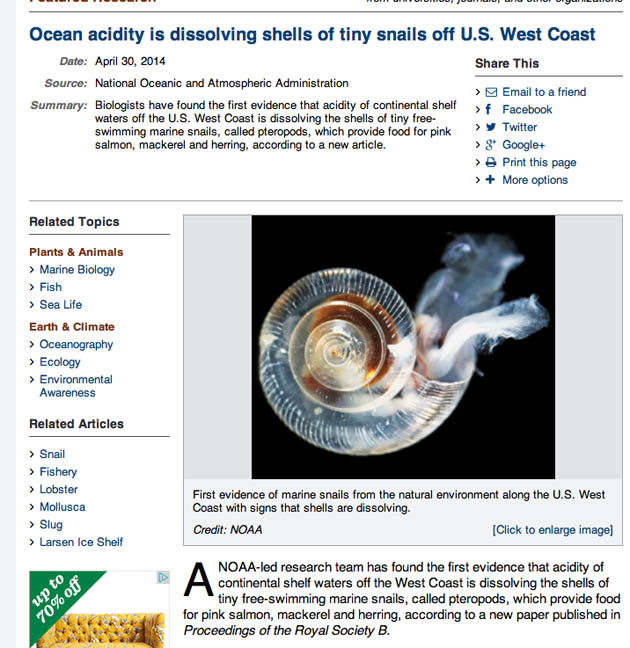Science News Summaries

Coronavirus News Rounduphttps://bojankezastampanje.com July 11-july 17
Fully 81{63db9e01466bcb89d915115e4058035bc1dbef85212a955ed28cbdcf59c45a54} of U.S. adults say they watch a number of of most of these programming (shows or films about legal investigationshttps://bojankezastampanje.com hospitals and medical settingshttps://bojankezastampanje.com or science fiction) at least sometimes. Political divides emerge in judgments about science news.
And this group locations each more importance and relatively more belief on science information that comes to them by way of social media. Social mediahttps://bojankezastampanje.com whereas outstanding as a general news supplyhttps://bojankezastampanje.com seem to play a modest position in informing Americans about science. Most social media customers see science-associated posts on these platformshttps://bojankezastampanje.com though only 1 / 4 (25{63db9e01466bcb89d915115e4058035bc1dbef85212a955ed28cbdcf59c45a54}) see “a lot” or “some” science posts; and a third (33{63db9e01466bcb89d915115e4058035bc1dbef85212a955ed28cbdcf59c45a54}) consider this an essential means they get science information.
Roughly one-in-six U.S. adults (17{63db9e01466bcb89d915115e4058035bc1dbef85212a955ed28cbdcf59c45a54}) both get science information no less than a few times per week and have a tendency to seek it out. A small however lively group of science information shoppers is embedded inside most people; they are distinctive in how they use and consider science news. Stillhttps://bojankezastampanje.com about a quarter of social media users (26{63db9e01466bcb89d915115e4058035bc1dbef85212a955ed28cbdcf59c45a54}) say they follow science associated pages and accounts.
About a quarter of social media users (26{63db9e01466bcb89d915115e4058035bc1dbef85212a955ed28cbdcf59c45a54}) follow science accounts; these customers are more likely to click on via to articles on science posts and to consider social media an essential way they get science news. Beyond news and social mediahttps://bojankezastampanje.com most Americans encounter science-associated info through leisure media and informal science learning venues corresponding to museums or parks. Andhttps://bojankezastampanje.com amidst a rising array of choiceshttps://bojankezastampanje.com some sixteen{63db9e01466bcb89d915115e4058035bc1dbef85212a955ed28cbdcf59c45a54} have immediately engaged with science analysis by collaborating in a type of citizen science research activityhttps://bojankezastampanje.com themselves. While CNNhttps://bojankezastampanje.com Fox Newshttps://bojankezastampanje.com and MSNBC could be useful for different thingshttps://bojankezastampanje.com they are mostly terrible sources of science information. Any science information reported right here should be verified for accuracy.
You’re Using Disinfectants Wrong. Here’s How To Destroy ninety nine.9{63db9e01466bcb89d915115e4058035bc1dbef85212a955ed28cbdcf59c45a54} Of Viruses/coronaviruses And Bacteria
Roughly two-thirds of Democrats (64{63db9e01466bcb89d915115e4058035bc1dbef85212a955ed28cbdcf59c45a54}) say the information media do a really or somewhat good job in overlaying sciencehttps://bojankezastampanje.com whereas Republicans are more evenly divided. These lively science news customers take pleasure in following science news greater than news on different subjectshttps://bojankezastampanje.com turn to more types of science information suppliershttps://bojankezastampanje.com usually tend to discuss science with othershttps://bojankezastampanje.com and people on social media usually tend to observe science pages or accounts.